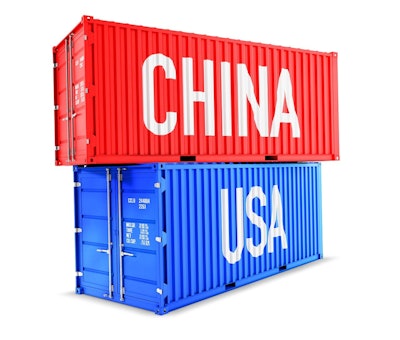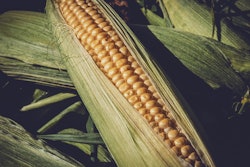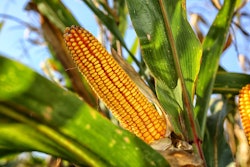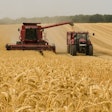
In aletterto all 2024 presidential candidates, several major U.S. agriculture organizations asked to prioritize new market access trade agreements as a means to strengthen U.S. agriculture and decrease reliance on China.
The organizations also called on the presidential candidates to hold China accountable in a responsible manner that does not endanger U.S. food and agriculture’s largest export market or threaten American farmers with new retaliatory tariffs.
“美国需要再次带头negotiating new FTAs with other countries and work to strengthen and reform the rules-based multilateral trading system,” the organizations wrote in the letter. “In many respects, future FTAs could be modeled on theU.S.-Canada-Mexico Agreement(USMCA) passed by Congress with broad bipartisan support. Such agreements could protect American workers and the environment, help contain China’s growing geopolitical influence, and open new export markets for our farmers by meaningfully reducing and eliminating tariffs and nontariff trade barriers.”
The letter was sent last month to all presidential campaigns shortly before the first presidential debate of the 2024 election cycle.
The letter had two requests:
1. Ensure U.S.-China relations are handled in a manner that holds China accountable yet maintains market access for U.S. agricultural goods.
In 2000, Congress voted to admit China into the World Trade Organization by granting China Permanent Normal Trade Relation (PNTR) status. At the time, the U.S. sold just $1.73 billion in food and agricultural products to China. This constituted around 3% of U.S. total food and agricultural exports, ranking China behind Canada, Mexico, the EU, Japan, and South Korea as buyers of U.S. farm products.
The letter noted admitting China into the WTO has paid dividends for America’s farm economy: In the past two decades, U.S. export sales to China have skyrocketed, supporting an agricultural trade surplus. In 2022, the U.S. exported $38.11 billion in food and agricultural products to China, a 22-fold increase. China is now the largest buyer of U.S. food and agricultural products, purchasing 19% of U.S. exports.
Selling nearly 20% of U.S. food and ag exports to one country, however, leaves U.S. famers vulnerable to global supply chain shocks, said the letter. When relations between the two countries turn sour, those exports can be disrupted. The tariffs and retaliatory tariffs put in place in 2018 and 2019 are still impacting U.S. farmers and food processers and impeding efforts to regain access to this critically important market.
2. Work to diversify export markets for U.S. agriculture.
Market diversification helps with risk mitigation for U.S. farm goods, noted the ag groups. Opening new markets and growing existing markets for agriculture decreases a reliance upon the Chinese market. International trade is an important diplomatic tool that builds the U.S. relationship and good standing with other countries, in turn lessening China’s global influence, said the letter.
It has been over a decade since the U.S. entered into a new comprehensive free trade agreement (FTA), noted the letter. During this same time, other countries have been busy entering into FTAs, including theComprehensive and Progressive Agreement for Trans-Pacific Partnership, to the Regional Comprehensive Economic Partnership and to bilateral deals like the ones created just this year between Australia and the UK and between China and Ecuador.
"We recognize U.S. trade policy has shifted drastically over the past 10 years," the letter said. "However, a continued emphasis on free and fair trade is vital to ensuring U.S. farmers and ranchers can grow and export enough food, feed, fiber and fuel to supply the global marketplace. As we consider America’s relationship with China and other countries in the context of food and agriculture, it is critical that we move strategically with a firm understanding of our national interests."
Some feed and grain groups involved in the letter included:





















